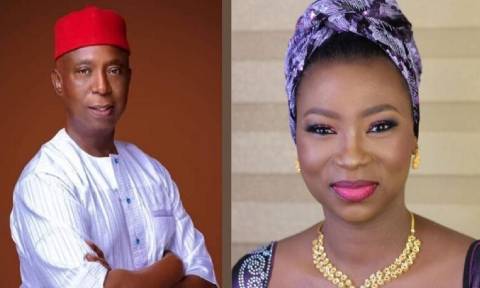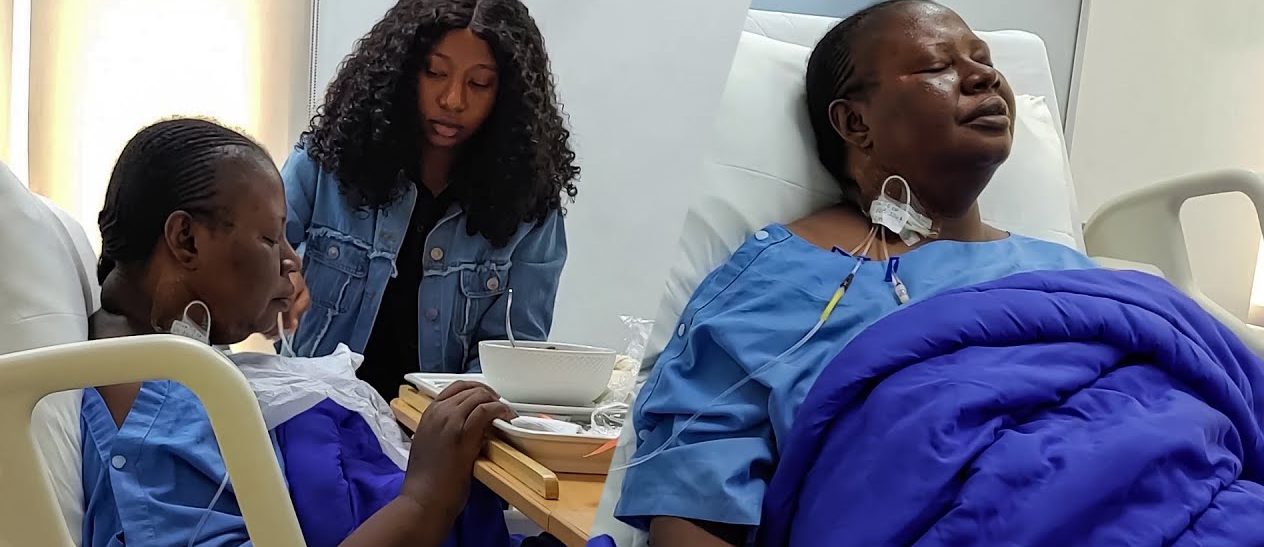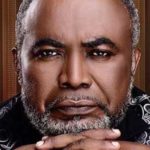Experts and stakeholders on health-related matters stormed Abuja on Tuesday to consider Nigeria’s implementation of the Universal Health Coverage via the Health Insurance Scheme. The seminar discourse with the theme ‘Health Insurance in Nigeria: Progress, Gaps and Challenges’, was hosted by a public policy research group, Nextier Advisory.
Some of the participants at the discourse were physically present, while others joined virtually.
The experts had a holistic review of the country’s health insurance system, explored the challenges and gaps, as well pragmatic strategies to make the system better.
The discussants generally agreed that despite surmountable challenges, Nigeria’s health insurance system, which is essentially contributory, has been succeeding, with Dr. Ikwujie noting that increasing enrolment has been buoyed by the efforts of State Governments at the subnational level.
In his contribution, Dr. Kurfi explained that the decentralization of the system has enabled all 36 States in the country to now have their health insurance schemes, which have expanded the net of medically inspired citizens nationwide.
He acknowledged the case made by some stakeholders for adjustment of the insurance premium rates in view of prevailing economic conditions but insists this must be done in moderation and matched by equally premium services by health care providers.
In his interventions, Dr. Fabong strongly pointed out the immeasurable efforts of State Governments towards expanding Universal Health Coverage, even as he gave several examples of what the Plateau State government has been doing in that regard.
He revealed plans to get pharmaceutical companies to produce NHIS-branded generic medicines and medical supplies at lower costs in view of the high prices of many branded drugs of major global manufacturers.
Fabong also suggested that health insurance could be made to be tax-based instead of the current contributory scheme so that more people can be captured in the schemes while services are improved.


















